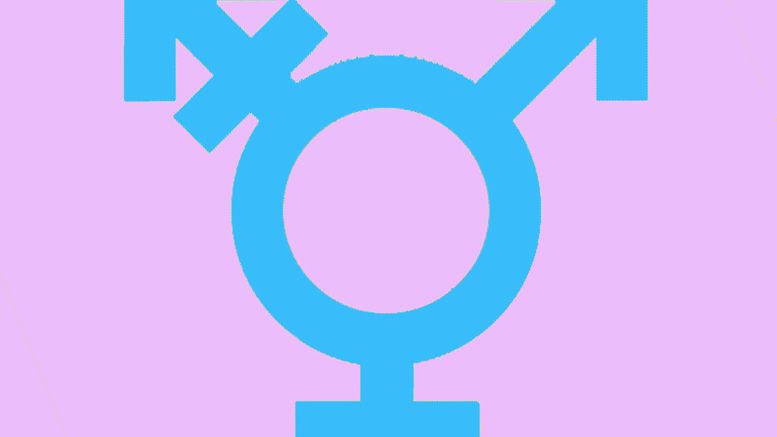Trans Talk in a way that will not offend and will be a tool to refer to whether you’re writing or speaking directly to transgender people
By: Christine Nicco/TRT Reporter—
Part 2 of a 3 Part Series
In an effort to gain a better understanding of the language used in transgender culture, The Rainbow Times has compiled a special three-part series to explore the rich and diverse terms used by the trans community. The first part of the series explored a list of common—and not so common—words and phrases used when discussing gender identity. Part 2 of the series will discuss terms to avoid in the trans community.
Terms to Avoid
Problematic: “transgenders,” “a transgender”
Preferred: transgender people, a transgender person
Transgender should be used as an adjective, not as a noun. Do not say, “Tony is a transgender,” or “The parade included many transgenders.” Instead say, “Tony is a transgender man,” or “The parade included many transgender people.”
Problematic: “transgendered”
Preferred: transgender
The adjective transgender should never have an extraneous “-ed” tacked onto the end. An “-ed” suffix adds unnecessary length to the word and can cause tense confusion and grammatical errors. It also brings transgender into alignment with lesbian, gay, and bisexual. You would not say that Elton John is “gayed” or Ellen DeGeneres is “lesbianed,” therefore you would not say Chaz Bono is “transgendered.”
Problematic: “transgenderism”
Preferred: none
This is not a term commonly used by transgender people. This is a term used by anti-transgender activists to dehumanize transgender people and reduce who they are to “a condition.” Refer to being transgender instead, or refer to the transgender community. You can also refer to the movement for transgender equality.
Problematic: “sex change,” “pre-operative,” “post-operative”
Preferred: transition
Referring to a “sex-change operation,” or using terms such as “pre-operative” or “post-operative,” inaccurately suggests that one must have surgery in order to transition. Avoid overemphasizing surgery when discussing transgender people or the process of transition.
Problematic: “biologically male,” “biologically female,” “genetically male,” “genetically female,” “born a man,” “born a woman”
Preferred: assigned male at birth, assigned female at birth or designated male at birth, designated female at birth
Problematic phrases like those above are reductive and overly-simplify a very complex subject. As mentioned above, a person’s sex is determined by a number of factors—not simply genetics—and one’s biology does not “trump” one’s gender identity. Finally, people are born babies—they are not “born a man” or “born a woman.”
In Part 3 of the series, we will discuss derogatory terms used against transgender people.







